11 Ways Modern Dating Apps Have Changed What We Expect from Love
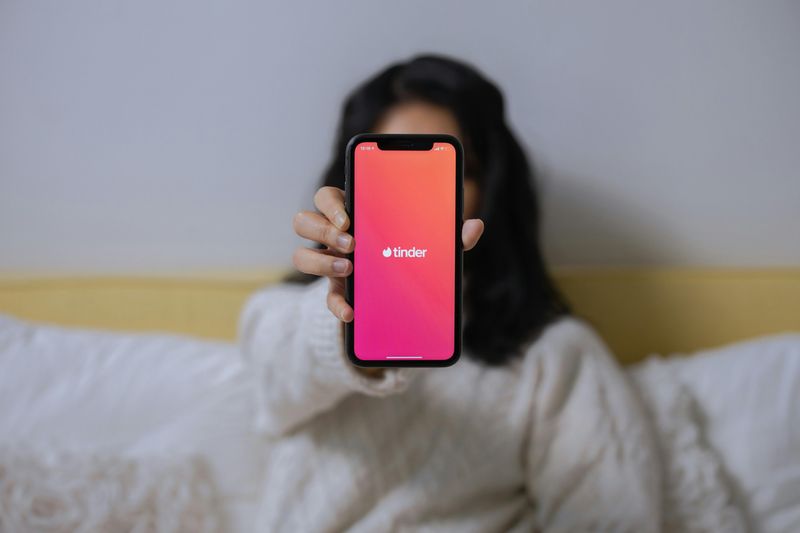
Dating apps have revolutionized the way we approach love, shifting expectations and redefining romance. As technology continues to evolve, so too do our perceptions of relationships. Once rooted in chance meetings and gradual connections, love is now often guided by algorithms and digital impressions. With the prevalence of swiping and instant messaging, courtship dynamics have transformed, leading to both new opportunities and challenges. In this exploration of dating apps’ impact on modern romance, we delve into the ways these platforms have reshaped our expectations, from how we connect to how we define relationships. Discover how the digital age has altered the landscape of love.
1. Instant Connection vs. Slow Burn
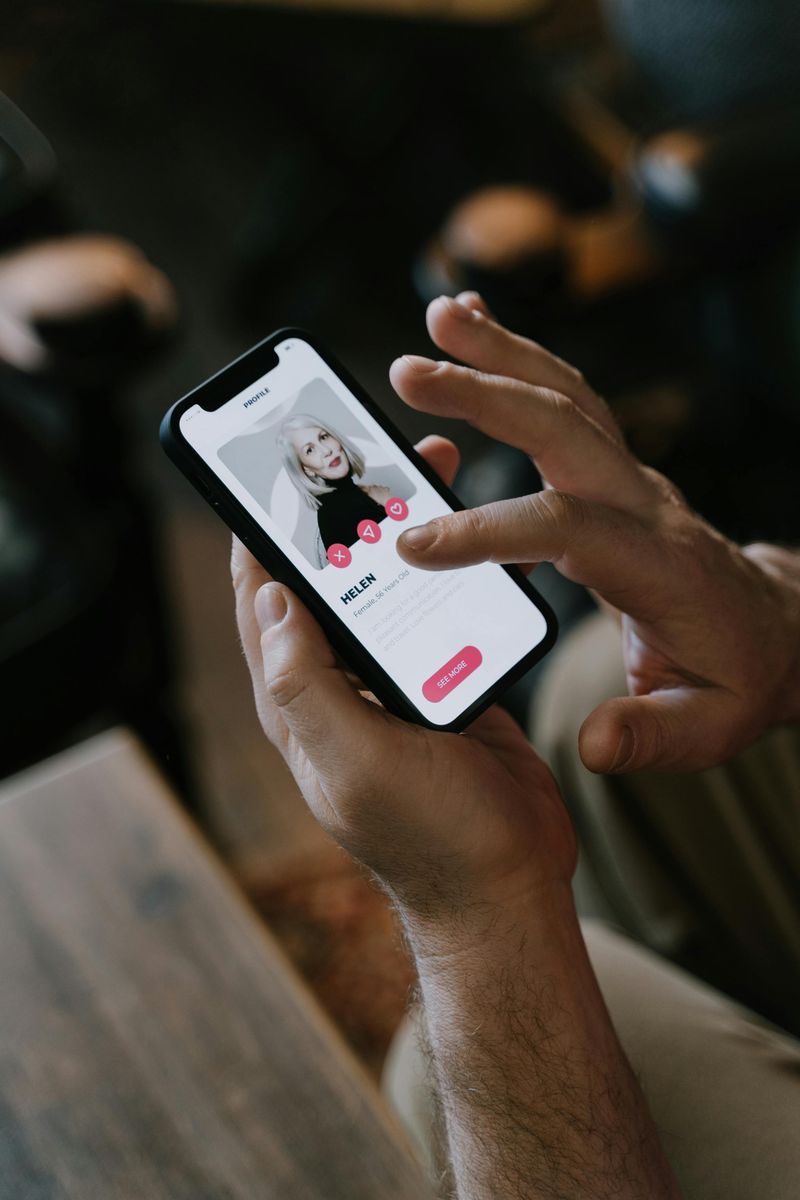
In a world where everything is just a click away, the expectation of instant connection has intensified. People now often seek immediate chemistry as they swipe through profiles, looking for an instant spark rather than letting attraction simmer over time. The thrill of quick replies and the excitement of rapid exchanges have become a norm, replacing the traditional, slower build-up of emotions.
This shift has altered the essence of romance, making the initial encounter less about mystery and more about instantaneous gratification. The slow burn of yesteryear, filled with anticipation and gradual discovery, is often replaced by fast-paced digital interactions.
2. Choice Over Commitment
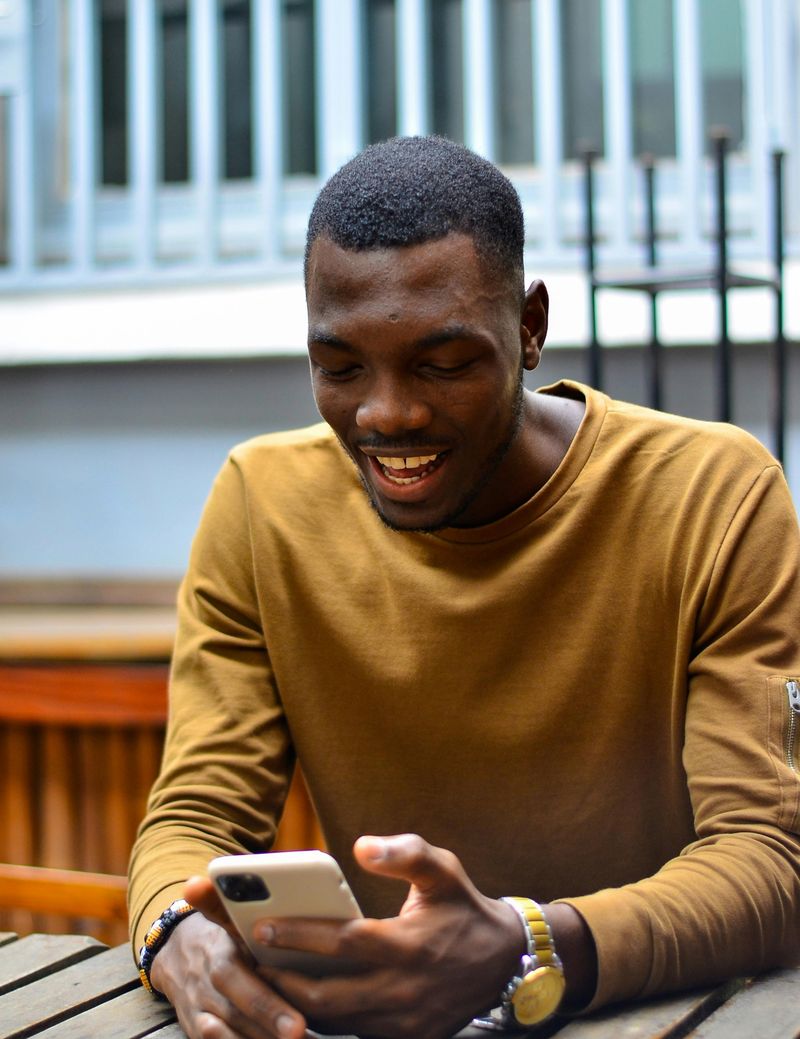
With seemingly endless profiles to explore, dating apps have transformed partners into products for selection. This abundance of choice can create a pursuit of perfection, where users are tempted to keep swiping in search of an ideal match.
The allure of finding someone who checks every box can overshadow the value of working through imperfections in a relationship. This mentality fosters a culture where commitment is often postponed in favor of continual exploration. The paradox of choice suggests that more options can lead to less satisfaction, as the quest for the perfect partner becomes never-ending and often unfulfilling.
3. Digital First Impressions
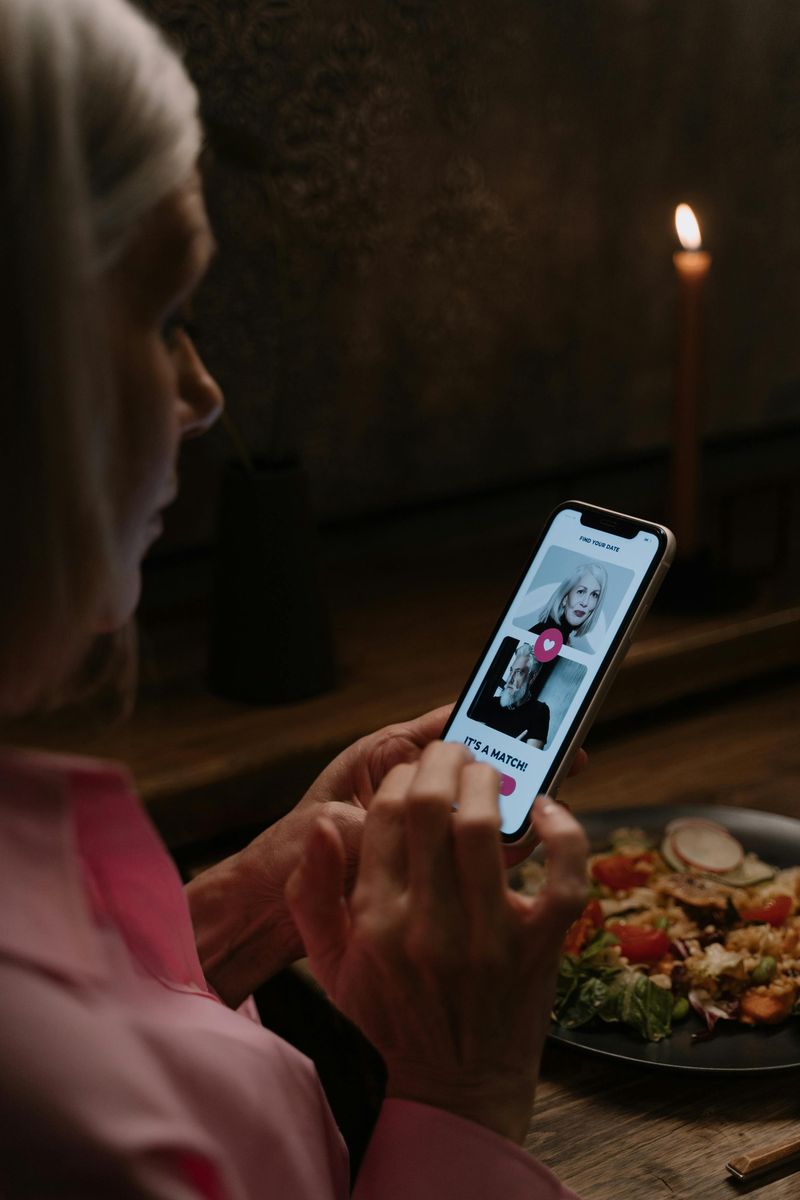
In the realm of dating apps, first impressions are crafted through carefully curated profiles. Photos, catchy bios, and well-placed emojis now play a pivotal role in attraction. This digital façade often precedes any real-life interaction, setting expectations and shaping perceptions before a word is spoken.
The reliance on visual and textual cues means that initial judgments are often made within seconds. While this can lead to quick connections, it also poses the risk of superficiality, where the depth of a person is overshadowed by their online persona. Authenticity can be challenging to convey, yet it’s a crucial component of genuine attraction.
4. Algorithmic Love

The search for compatibility has become increasingly data-driven, as algorithms curate potential matches based on shared interests and preferences. This reliance on technology shifts the focus from organic encounters to meticulously calculated compatibility scores. While these algorithms can effectively connect like-minded individuals, they risk overlooking the unpredictable nature of human attraction.
The mystery and spontaneity of meeting someone serendipitously are often replaced by statistical probabilities. While helpful, algorithmic matchmaking can strip away the serendipitous elements that make love unique, leaving users to wonder if technology can truly capture the intricacies of human connection.
5. Casual Becomes the Default

Dating apps have normalized casual encounters as the initial stage of interaction. Rather than starting with the intention of forming a serious relationship, many users enter the dating scene with a laid-back approach. This shift reflects changing societal norms, where commitment is often seen as a potential outcome rather than the starting point.
The casual-first mentality allows individuals to explore connections without the pressure of immediate commitment. However, it can also lead to misunderstandings and mismatched expectations, as not everyone is seeking the same level of connection. Navigating this new norm requires clear communication and mutual understanding.
6. Ghosting as Communication

Ghosting, the act of disappearing without explanation, has become a prevalent form of rejection in the digital dating landscape. While direct communication is often ideal, the perceived convenience of ghosting allows individuals to avoid uncomfortable conversations. This behavior, although common, can lead to feelings of confusion and inadequacy for those left without closure.
The normalization of ghosting reflects a broader trend where silence is misinterpreted as an acceptable form of communication. By understanding its impact, individuals can foster more respectful interactions and recognize the importance of clear communication in nurturing healthy relationships.
7. Endless Validation Loops

Dating apps can create a loop of validation, where likes and matches become metrics of self-worth. This digital affirmation can be addictive, shifting the focus from genuine connection to the pursuit of approval. The constant need for validation can lead individuals to prioritize quantity over quality in interactions.
While receiving attention can boost confidence, it also risks fostering superficial connections lacking depth and authenticity. The challenge lies in balancing the desire for affirmation with the pursuit of meaningful relationships. Awareness of this dynamic encourages a more mindful approach to digital dating, where self-worth is not solely defined by external validation.
8. Cross-Cultural Connections

Dating apps have facilitated cross-cultural connections, allowing individuals to meet potential partners beyond their immediate social or geographic circles. This global reach broadens the horizons of romance, introducing users to diverse cultures, perspectives, and experiences.
The opportunity to connect with someone from a different background enriches personal growth and understanding. However, it also requires navigating cultural differences and communication barriers. Embracing these connections can lead to enriched relationships, where shared values and mutual respect foster deeper understanding. The digital realm has made love feel more global, transforming the way we perceive and engage in romantic relationships.
9. Transparency Meets Surveillance
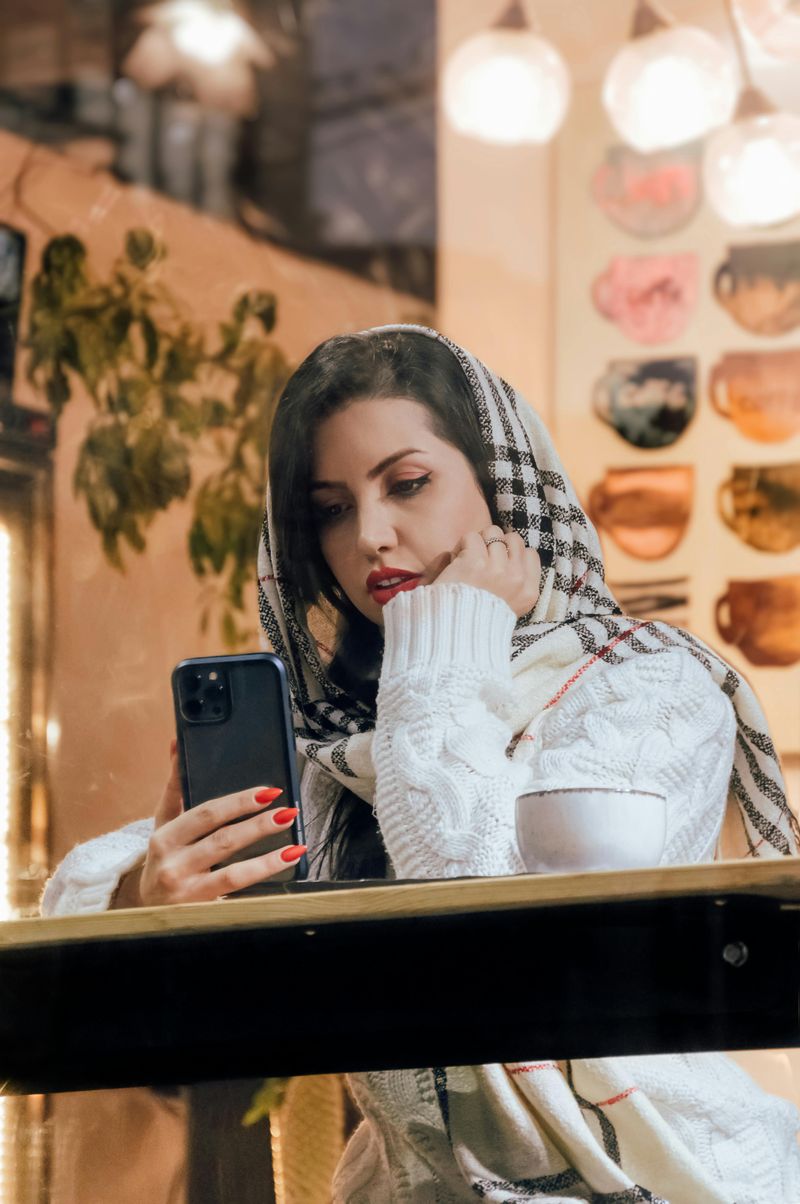
The digital age has introduced a layer of transparency that can border on surveillance. Checking “last online” times and following social media activities have become normalized as part of dating. While this transparency can foster trust, it also risks crossing into invasive scrutiny.
The ease of accessing personal information online can lead to assumptions and misunderstandings. This dynamic requires a delicate balance between openness and respect for privacy. By recognizing the boundaries of digital transparency, individuals can cultivate trust and understanding, ensuring that modern dating remains respectful and considerate of personal space.
10. Rejection Feels More Frequent — but Less Personal
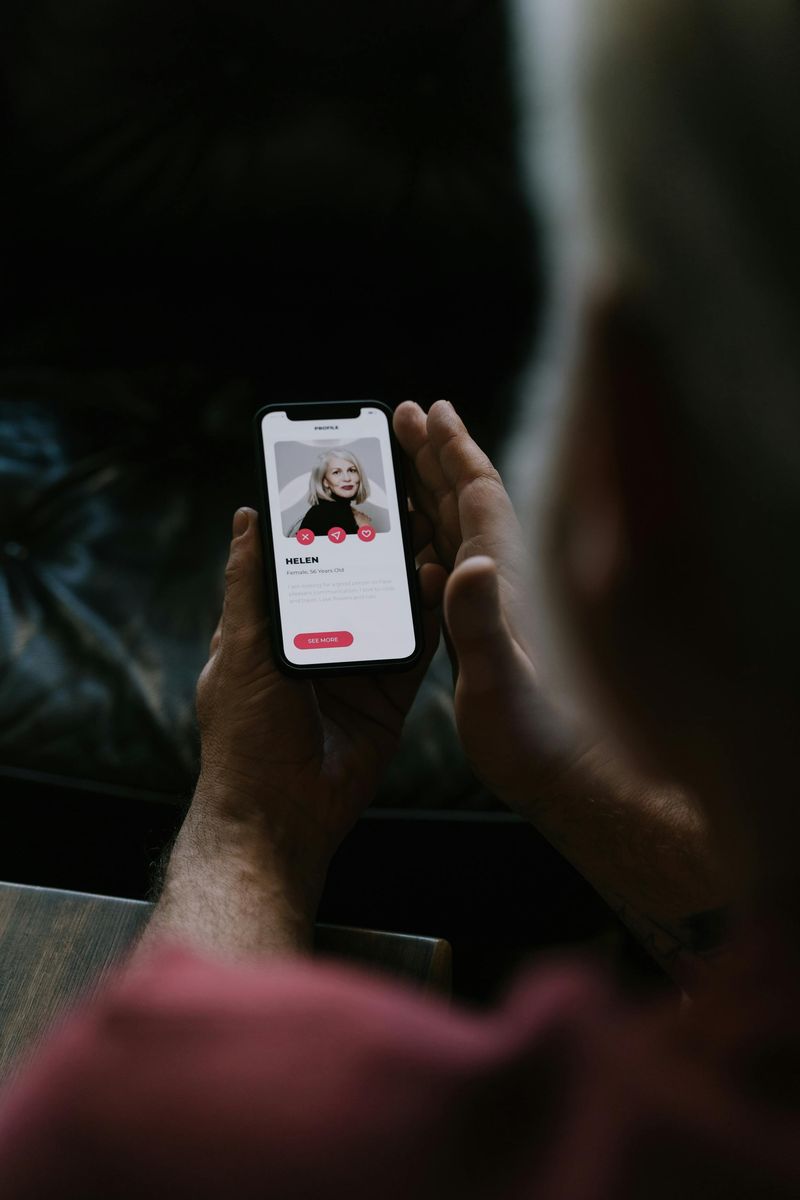
In the world of swiping culture, rejection is a constant yet less personal experience. The anonymity of digital interactions allows individuals to dismiss potential matches with a simple swipe, reducing the emotional weight of rejection. While this may spare feelings in the short term, it can also lead to desensitization, where rejection becomes a fleeting and insignificant event.
The challenge lies in maintaining empathy and understanding in a landscape where connections are often transient. By approaching digital interactions with empathy, individuals can foster more meaningful connections, even within the impersonal framework of modern dating apps.
11. The Redefinition of ‘The One’

The concept of ‘The One’ has evolved, as dating apps introduce the idea of multiple potential matches offering various forms of compatibility. Rather than searching for a single soulmate, individuals are encouraged to explore different relationships, each providing unique insights and experiences.
This redefinition emphasizes the fluid nature of love, where diverse connections can coexist and contribute to personal growth. While the search for ‘The One’ is still meaningful, it is now tempered by the understanding that love can manifest in multiple ways. Embracing this perspective encourages open-mindedness and adaptability in the quest for lasting connections.

Comments
Loading…